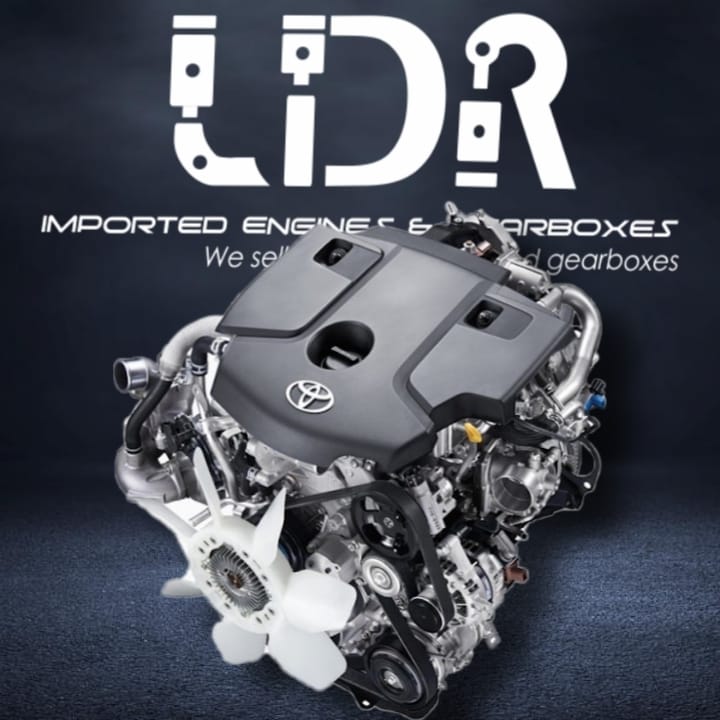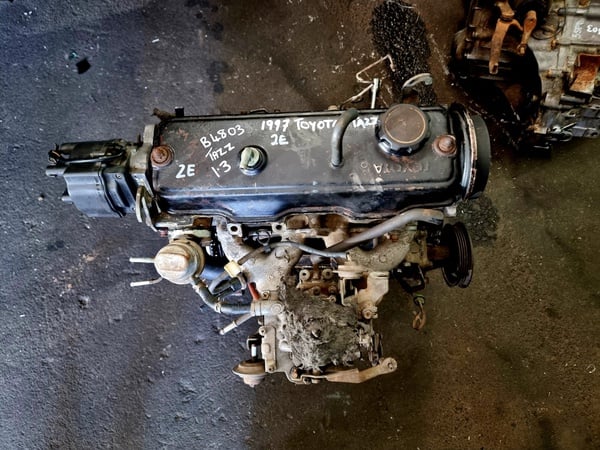Engine Buying Professional Tips on Choosing the Right Engine for Your Certain Requirements
Picking the appropriate engine for your details requirements entails a complicated interplay of factors that surpass simple horsepower figures. From power outcome to fuel effectiveness, the decision-making procedure can be discouraging. Recognizing the subtleties of engine kinds, dimensions, and their compatibility with your automobile is vital. There are experienced ideas that can aid browse this surface with self-confidence. By delving right into the complexities of power versus effectiveness, examining fuel ratings, and budgeting for long-lasting expenses, one can genuinely enhance their engine selection.
Power Vs. Performance: Discovering the Equilibrium

When choosing an engine, it is important to strike a balance in between power and effectiveness to satisfy your specific demands effectively. Power refers to the engine's capability to generate power for propulsion, identifying elements like velocity, pulling ability, and total efficiency (Toyota Tazz Engine For Sale). On the other hand, performance connects to just how well the engine utilizes gas to produce power, impacting variables such as fuel economic climate and ecological friendliness
Achieving the appropriate balance in between power and effectiveness is vital because an engine that is too effective may consume too much fuel, leading to greater operating costs and unneeded strain on the setting. Conversely, an engine that focuses on efficiency over power may lead to slow performance, especially in requiring circumstances like hauling hefty tons or driving uphill.
To make an educated decision, take into consideration factors such as your normal driving problems, the designated usage of the car, and your individual choices. By examining your concerns and requirements, you can select an engine that strikes the best equilibrium between power and performance, making sure ideal efficiency while minimizing environmental effect and operating expenses.
Understanding Engine Dimension and Kind

Common engine kinds consist of inline engines, V engines, and rotary engines, each with its special benefits and downsides. Understanding the interaction between engine size and type is essential in picking an engine that lines up with your particular needs and top priorities, whether it be power, effectiveness, or a balance of both.
Consider Your Automobile's Demands
Considering your vehicle's requirements is a basic action in the engine choice procedure to make sure optimal efficiency and functionality. It is important to review elements such as the blog here planned use of the lorry, its weight, hauling capacity, and gas efficiency demands. For instance, if you are looking for an engine for a sturdy truck that will be made use of for towing, you will certainly need a powerful engine with high torque abilities. On the other hand, if you are selecting an engine for a small automobile primarily utilized for city travelling, fuel performance might be a see here now more crucial element to think about.

Evaluating Gas Performance Rankings
Assessing fuel performance scores is a vital aspect of picking the right engine for your automobile, guaranteeing price financial savings and ecological sustainability. Fuel performance rankings, commonly determined in miles per gallon (MPG) for fuel engines or kilowatt-hours per 100 miles (kWh/100 miles) for electric engines, show how far a lorry can take a trip on a particular quantity of gas or electrical power. Greater MPG or reduced kWh/100 miles values indicate extra efficient engines, translating to minimized gas costs and reduced carbon emissions.
When examining fuel effectiveness rankings, consider your driving behaviors and needs. If you commute cross countries daily, a wikipedia reference highly fuel-efficient engine can result in substantial savings in time. Additionally, contrast various engine alternatives within the very same lorry course to determine one of the most affordable option. Elements such as engine size, weight, the rules of aerodynamics, and crossbreed or electrical abilities can all influence fuel efficiency.
Budgeting for Long-Term Expenses
Tactically intending for lasting expenses is essential when selecting an engine, making sure monetary sustainability over the vehicle's life expectancy. While the initial acquisition price of an engine is a significant element, it is essential to take into consideration the lasting costs connected with maintenance, repair services, and gas intake.
Furthermore, researching the availability and cost of replacement components for the selected engine is important in budget planning. By carefully budgeting for these long-term expenditures and factoring them right into the decision-making process, people can pick an engine that not just satisfies their prompt requirements however likewise continues to be cost-effective throughout its life-span.
Final Thought
Finally, selecting the best engine for your certain demands calls for balancing power and effectiveness, comprehending engine size and type, considering your automobile's needs, examining gas effectiveness rankings, and budgeting for lasting expenses. By carefully taking into consideration these aspects, you can make certain that you choose an engine that satisfies your requirements and offers optimum efficiency for your lorry.
To better refine the choice procedure of an engine that strikes the optimal balance in between power and efficiency, it is important to dig into the details of recognizing engine dimension and kind. Engine dimension refers to the overall quantity of air and gas that can be pushed through the engine cylinders. Common engine types include inline engines, V engines, and rotary engines, each with its one-of-a-kind advantages and downsides. Understanding the interaction between engine dimension and type is crucial in choosing an engine that straightens with your particular requirements and concerns, whether it be power, effectiveness, or a balance of both.
Gas effectiveness rankings, generally determined in miles per gallon (MPG) for fuel engines or kilowatt-hours per 100 miles (kWh/100 miles) for electrical engines, suggest exactly how much a car can travel on a certain amount of gas or power.